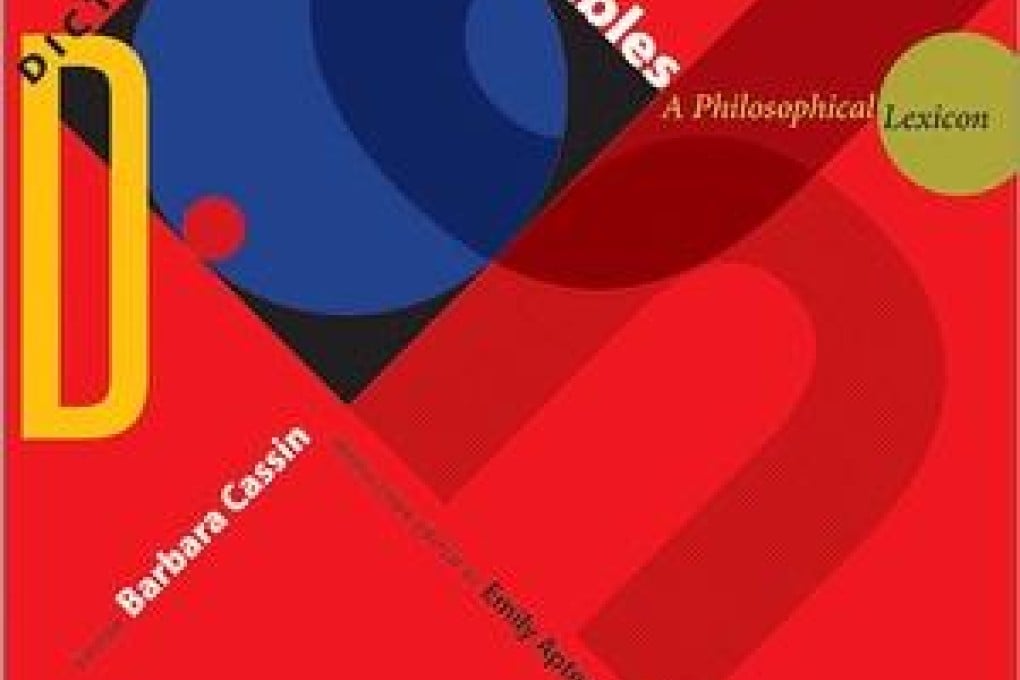Book review: Dictionary of Untranslatables, edited by Barbara Cassin
Do you know your erscheinung from your eidôlon? What is the pertinent distinction between zôê and bios? Are you experiencing desengaño? What do you propose to do about the modern episteme?

edited by Barbara Cassin
Princeton University Press
5 stars
Douglas Kerr
Do you know your erscheinung from your eidôlon? What is the pertinent distinction between zôê and bios? Are you experiencing desengaño? What do you propose to do about the modern episteme?
If you are uncertain how to answer these questions, perhaps you should equip yourself with this extraordinary book. Subtitled A Philosophical Lexicon, its 1,300 pages contain more than 400 philosophical, literary and political terms and concepts, drawn from more than a dozen languages.
Each term is explained in its own essay, accompanied by a brief bibliography for further reading.
Like all good dictionaries, the book lends itself to browsing, being full of internal signposts and links. So the essay on "ingenium", the Latin word meaning wit or humour, can lead you to Aristotle and on to Alice in Wonderland and Freud's theory of the joke - and then across to another Latin word, "genius". Each term nestles at the centre of its own network, a history in itself.
The book isn't confined to intimidating technical terms. It can also help you with more common words, whose meaning you thought you understood - words such as madness, subject, nation, pardon and nonsense.